A lot has been done to reduce the global gender gap and improve opportunities for women, girls, and non-binary people over the past decades. Yet significant gender gaps remain across sectors in all countries around the world.
Here are some of the women and men who have been addressing the gender gap in the past year across Cordaid projects.
1. Betty Wangoic, Uganda
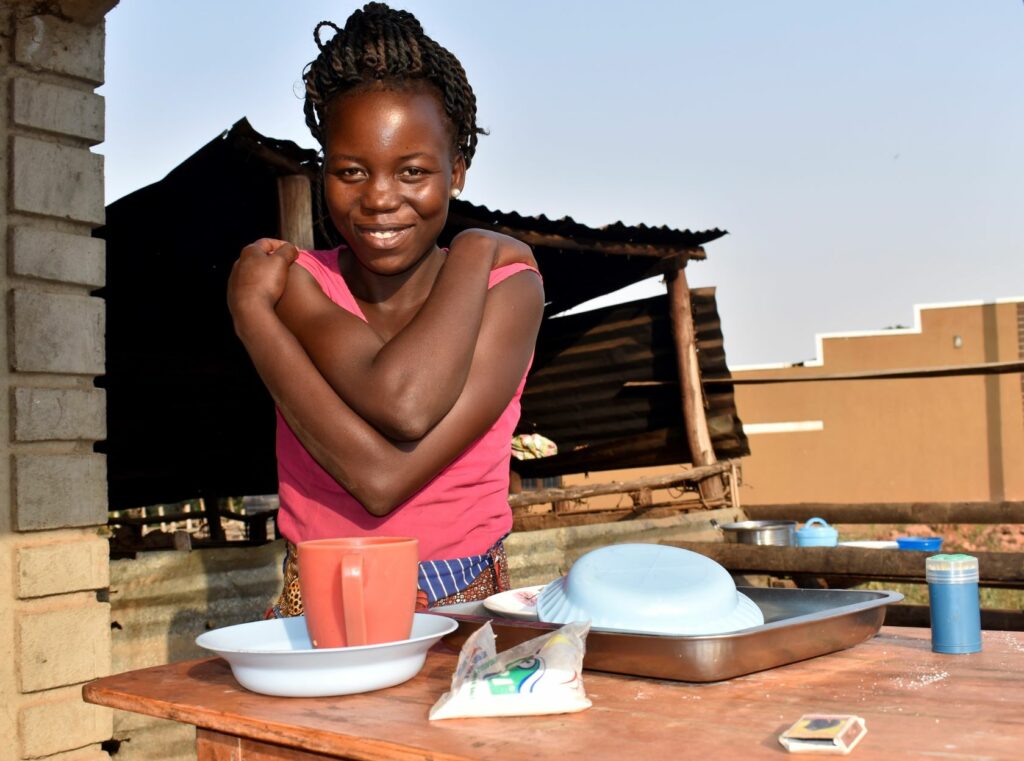
In Uganda, Cordaid supports 700 young entrepreneurs in an agribusiness programme called Futuremakers. In partnership with Youth Business International (YBI), Cordaid provides the participants with business development services, mentorship support, access to finance and other specialised services. Twenty-one-year-old Betty Wangoich is one of them.
“I realised that coffee is the answer to many things”
Betty Wangoic
2. Football for Peace tournament, South Sudan
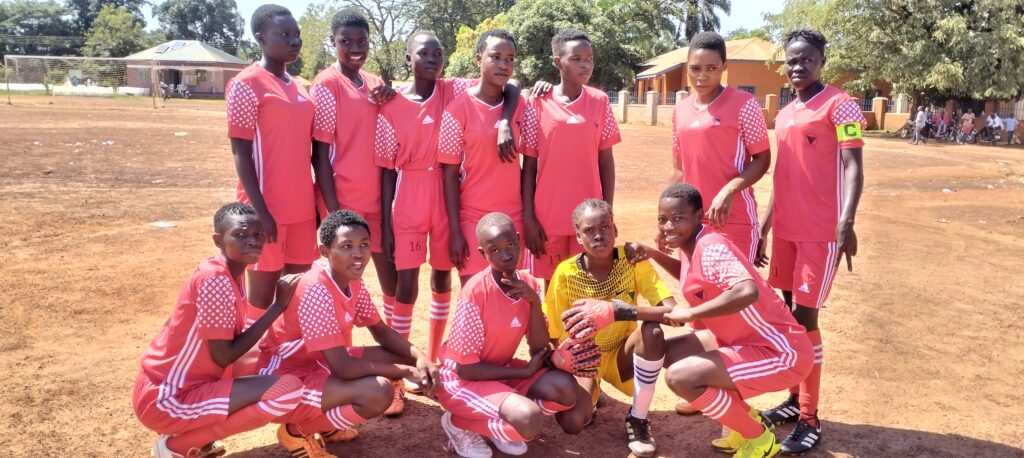
The Young Women Christian Association South Sudan (YWCA), in partnership with the youth-led organisation Empower Youth Africa, organised football competitions and a cultural gala for youth and young girls. These peace events create an opportunity for entire communities to gather, interact and socialise after incidences of tribal conflicts in the states. At the same time, YWCA promotes gender equality and, through educational workshops on peacebuilding, empowers women and girls to voice their demands for a peaceful future.
“They would see these young girls play football and speak about peace.”
Young Women Christian Association South Sudan (YWCA)
3. Jane Nanyama, Kenya
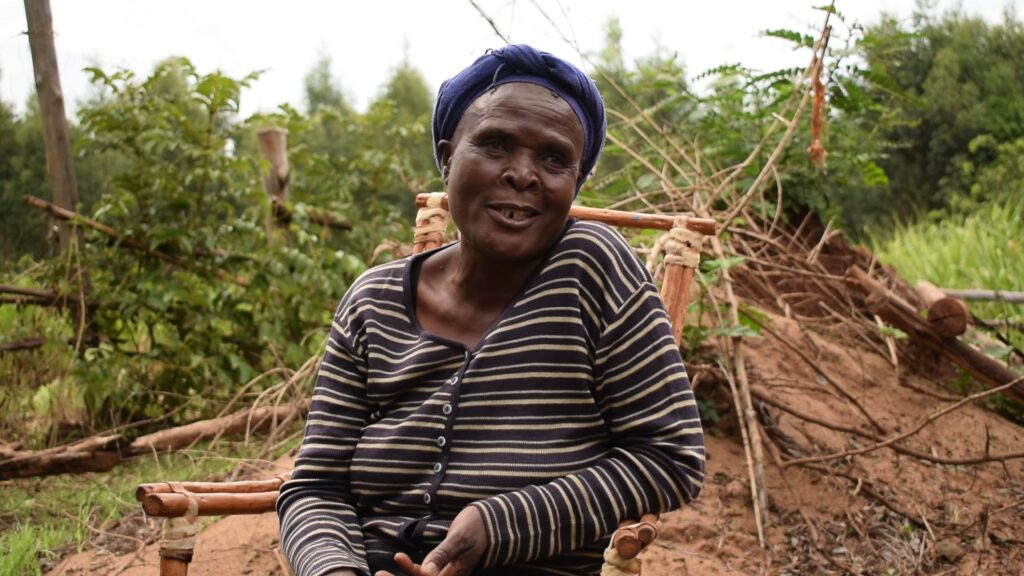
With only a smartphone and several remote training courses, Jane Nanyama and the other participants of Cordaid’s Agribusiness Leadership Programme, have been able to quickly professionalise their farming cooperatives. This contemporary and innovative approach gives Kenyan women the means to break free from patriarchal structures. Despite the hardship Jane Nanyama experienced she now exhibits exceptional leadership skills. She is a committed community leader and will remain a strong advocate for the economic empowerment of women in her community in Kenya.
“This phone has changed my life. I can follow the training at home; a privilege I thought was only for those who are educated, the younger generation. And men, mostly.”
Jane Nanyama
4. The Lotus Flower project, Iraq
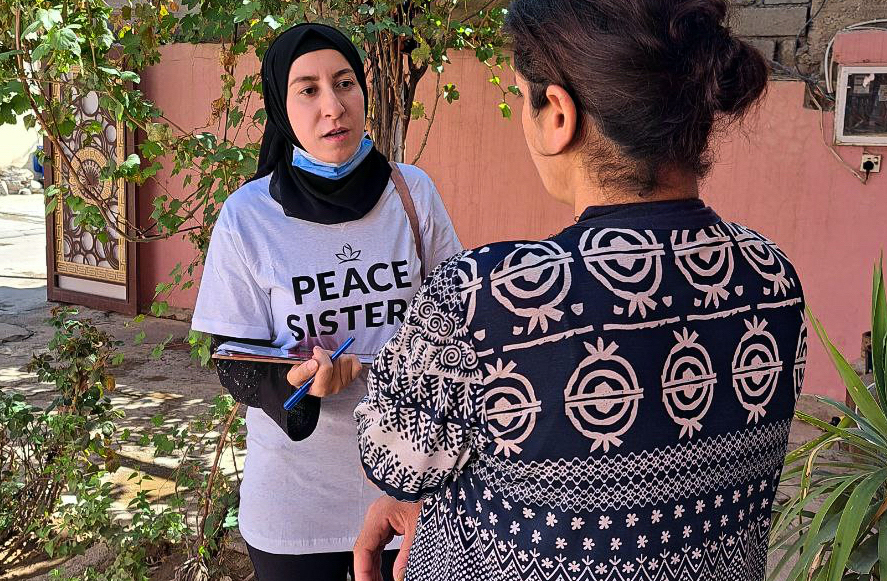
One of the organisations participating in the Women’s Voices First programme is The Lotus Flower Foundation. It was born out of the commitment to stand with women and girls who were displaced after ISIL’s invasion in 2014. It all started with a handful of women joining efforts, turning a burnt caravan into a meeting place, and reaching out to others. Today, the Lotus Flower Foundation is a thriving women-led organisation changing the lives of women and girls all over Northern Iraq. Vian Ahmed, a young agent of change herself, tells their story.
“Everything we do, whether it is about climate change, people’s livelihood and income, peacebuilding, or security, we do it from the perspective of women and girls.”
Vian Ahmed
5. Maimona Abdullah, Yemen

Maimona is a young peacebuilder and former aid worker from Cordaid partner YWBOD. She takes up a myriad of roles and responsibilities. She is a survivor as well as a visionary, an entrepreneur as well as a poet. She’s a young graduate, a women’s rights activist, and a peace builder. In this vlog, Maimonah gives an insight into her lif and shows the position of young women in Yemen.
“Here I am, a strong young woman in Yemen, one of the worst places in the world to be a woman.”
Maimona Abdullah
6. Martha Awor, Uganda
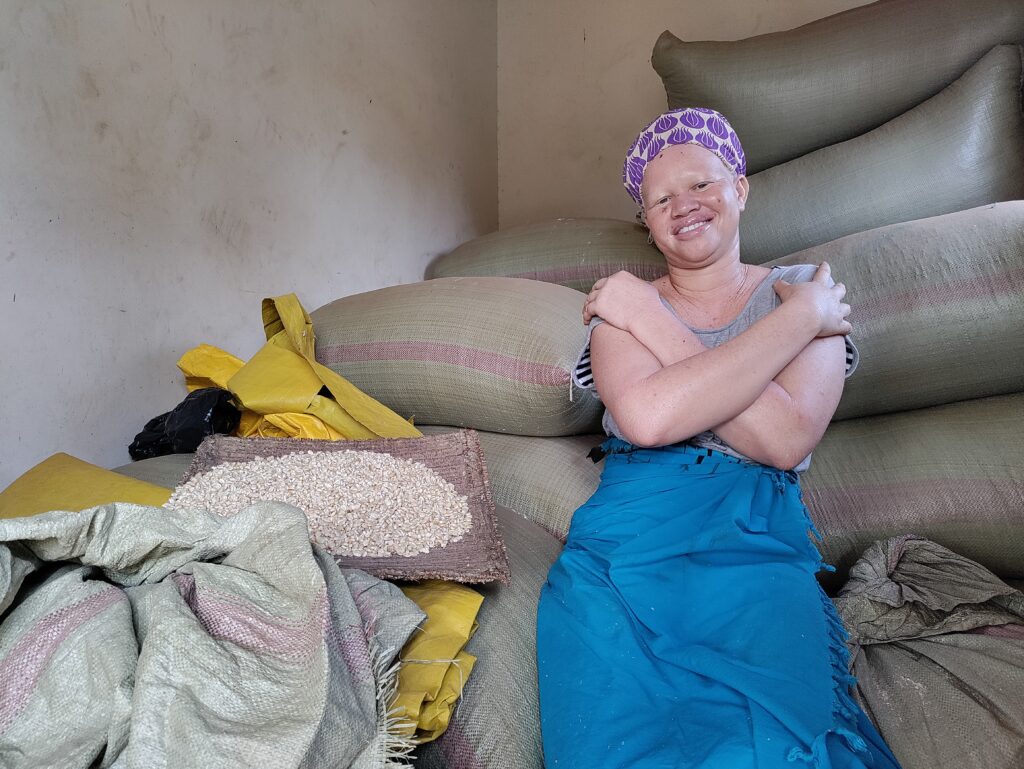
Martha is a farm-produce dealer in Odokomit, Lira City West, Uganda. She began her produce buying-and-selling business in 2019 after being laid off from her previous job amid the organisational adjustments and downsizing triggered by the COVID-19 pandemic.
“After losing my contract, I wanted to keep a steady source of income, so I joined a savings group called Kisarwot.”
Martha Awor
7. Nurjahan Begum, Bangladesh

Violence against women and girls is one of the biggest barriers to social progress. To break its vicious cycle in Rangpur district, Northern Bangladesh, Cordaid supports GBV survivors in becoming financially more independent and more aware of their rights. As a GBV survivor, Nurjahan received 6 months of training and now earns her own living and inspires other survivors.
“I never had an income source. Now I earn my own living and survive on my own. In the future, I want to inspire everyone to move forward.”
Nurjahan Begum
8. SRHR training for religious leaders in Mali
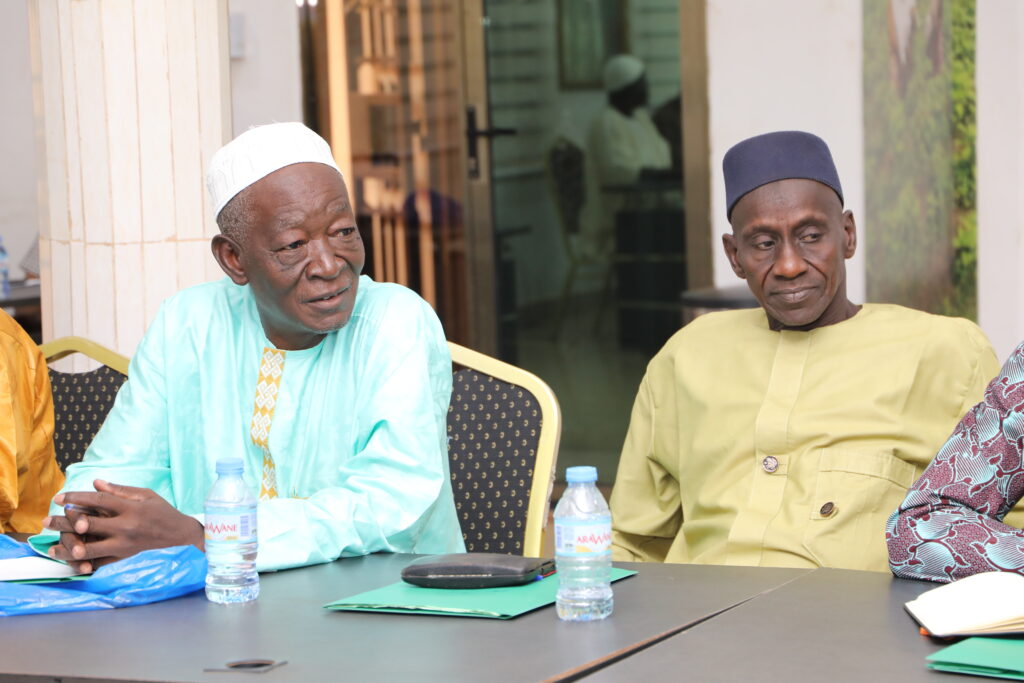
When you are growing up in Mali, it’s likely you will hardly have any access to accurate information on contraception and sexually transmitted diseases or health services tailored to your needs. Religious leaders can help break the taboos surrounding sexuality and sexually transmitted diseases and play an important role in getting the message across. This is why, as part of the JIGIYA project, Cordaid and its national partner CAEB organised a three-day training session in May for religious leaders on their role and responsibility regarding this pressing topic.
“We talked about female genital mutilation, early marriage and forced marriage, among other topics”
Ousmane Guindo, pastor
9. Sadara Chaulagain, Nepal

In the past decade, Sarada Chaulagain established herself as one of the largest primary coffee processors and producers of coffee parchment in her district in Nepal. Today, Sarada is also one of the resource persons in an FCDO-funded and Cordaid-implemented inclusive coffee project in two Nepali districts, Kavrepalanchok and Sinshupalchok.
“Our society is still built for people without disabilities. With a little consideration and effort, we can make it inclusive and fair for all.”
Sarada Chaulagain
10. Three Wise Women, the Netherlands
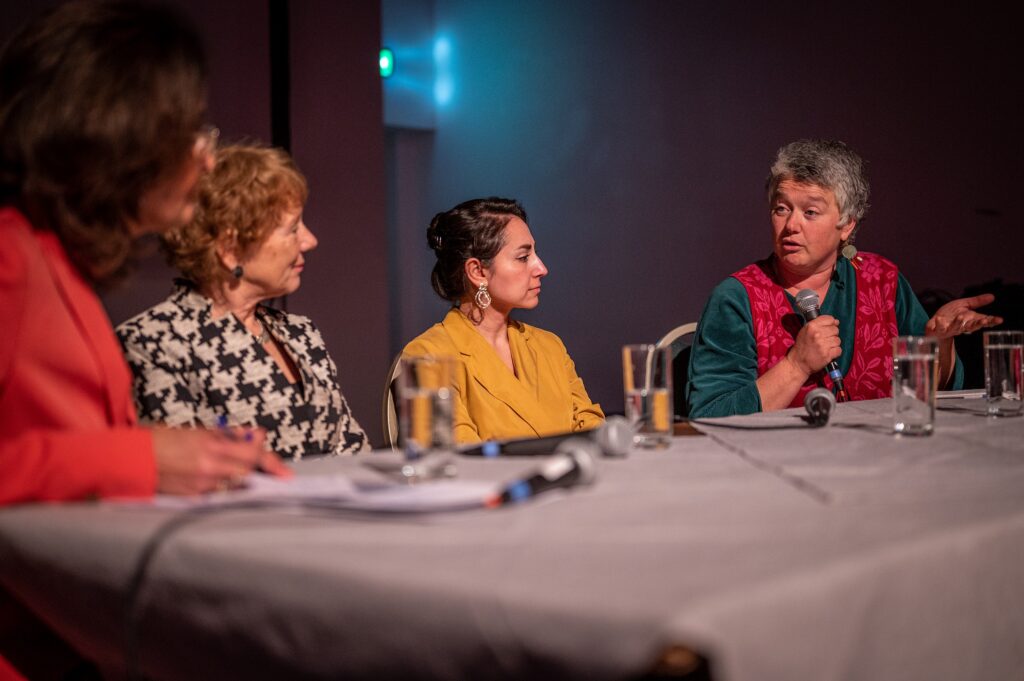
Every year, around Easter, Cordaid organises a debate with female thought leaders who share their wisdom and provide us with inspiration for our work across the globe.
“Women were, are and will be always vital witnesses, messengers and actors in bringing change to the world.”
11. Evelyn Letio Unzi Boki & peninah Moriku Gabu, South Sudan
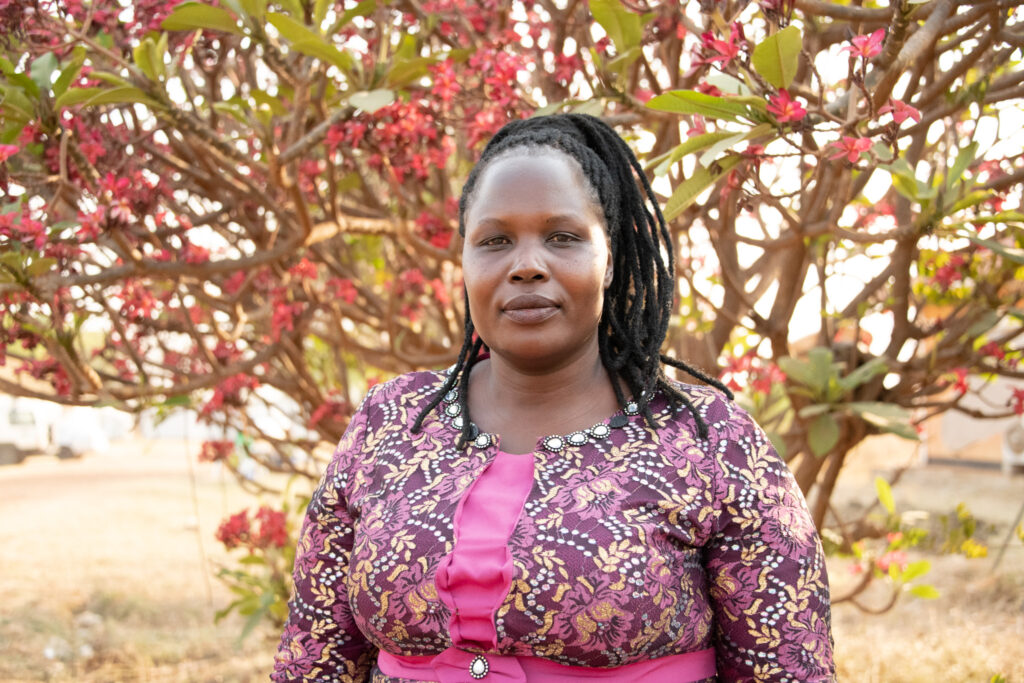
Meet Evelyn Letio Unzi Boki and Peninah Moriku Gabu. After being diagnosed with HIV and overcoming stigma, they joined 28 members and founded the National Empowerment of Positive Women United (NEPWU). The women-led organisation trains mentors to support women and mothers living with HIV in South Sudan.
“People, and especially women, can die because of the HIV stigma.”
Evelyn Letio Unzi Boki
